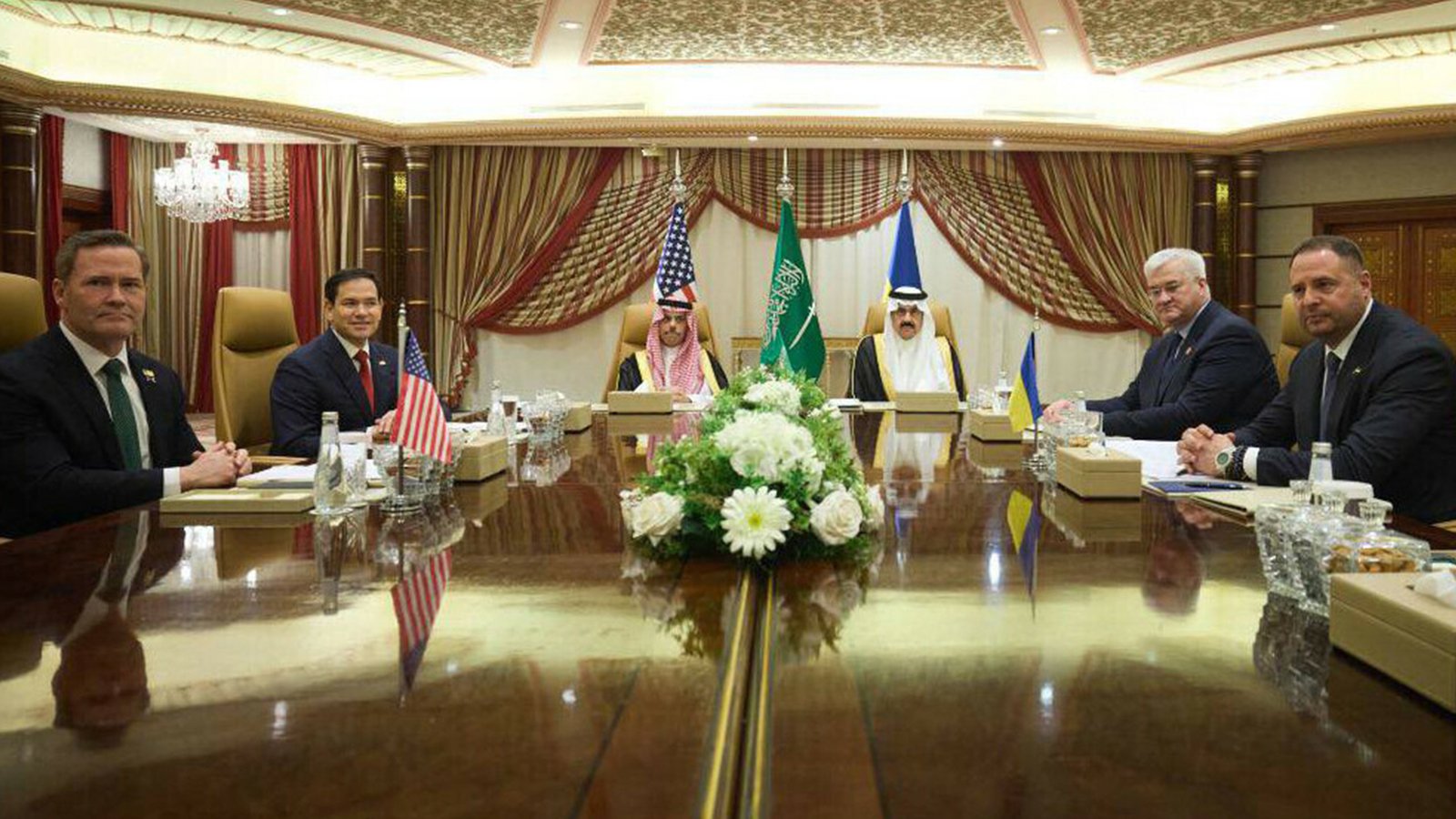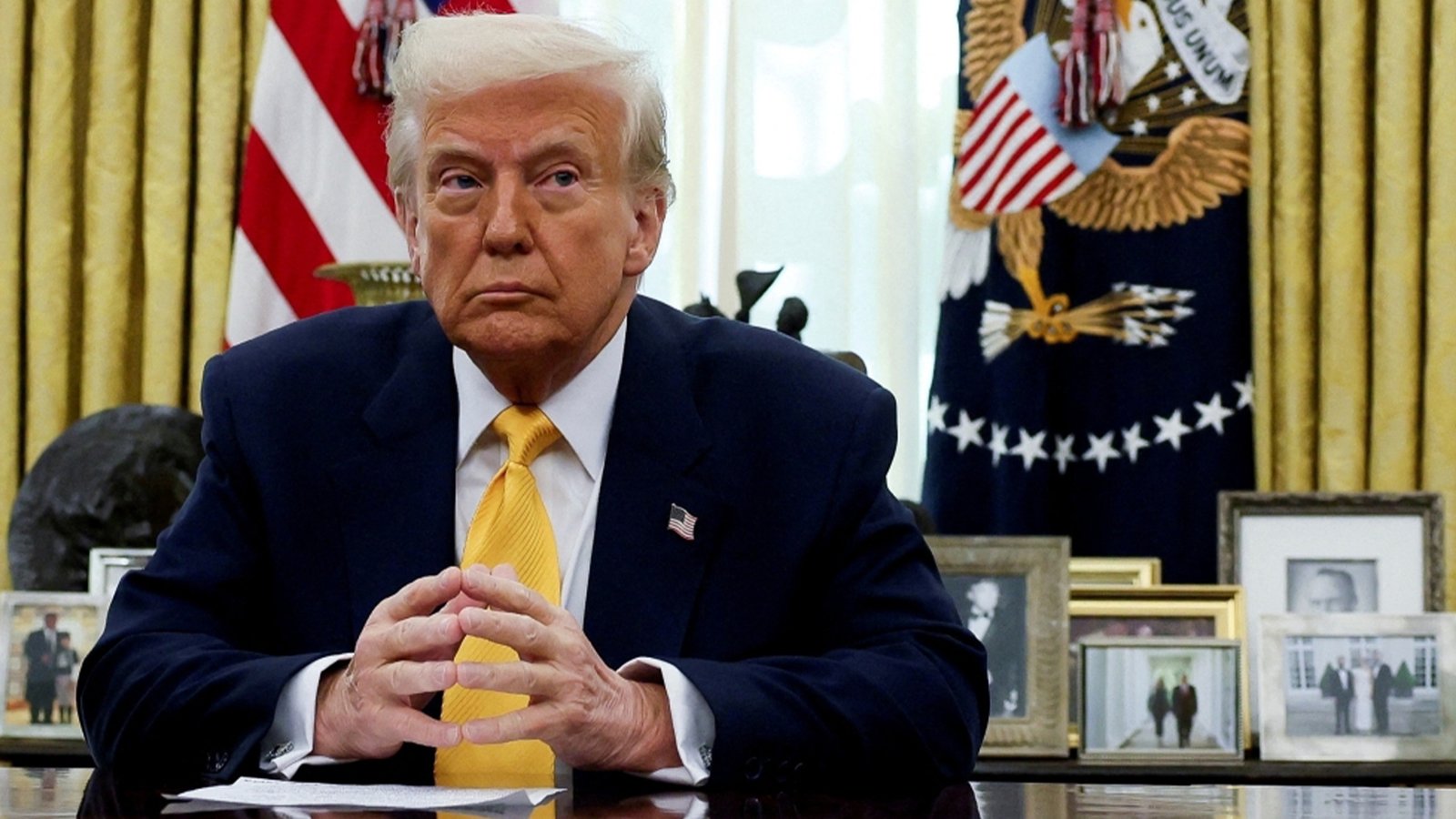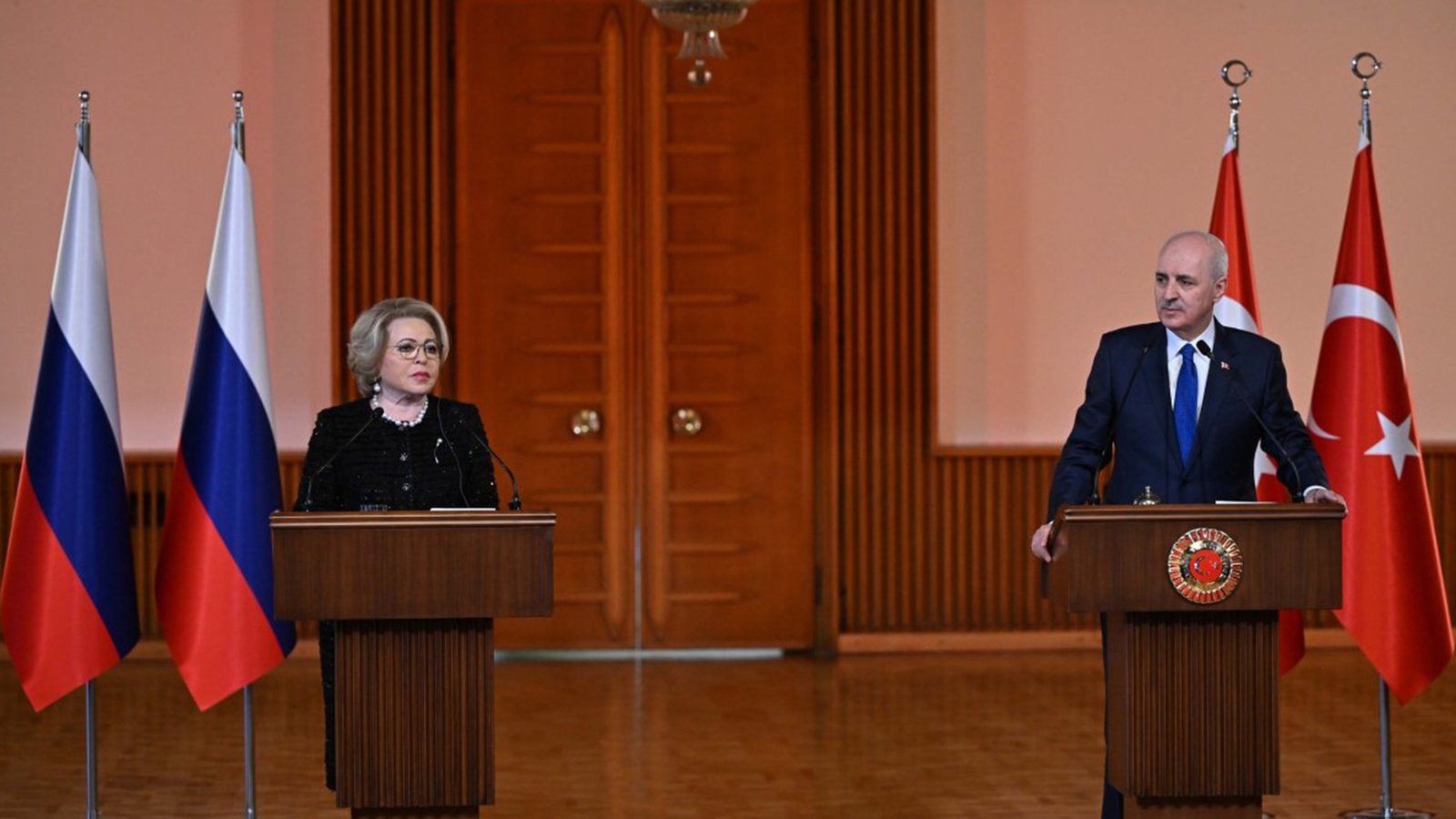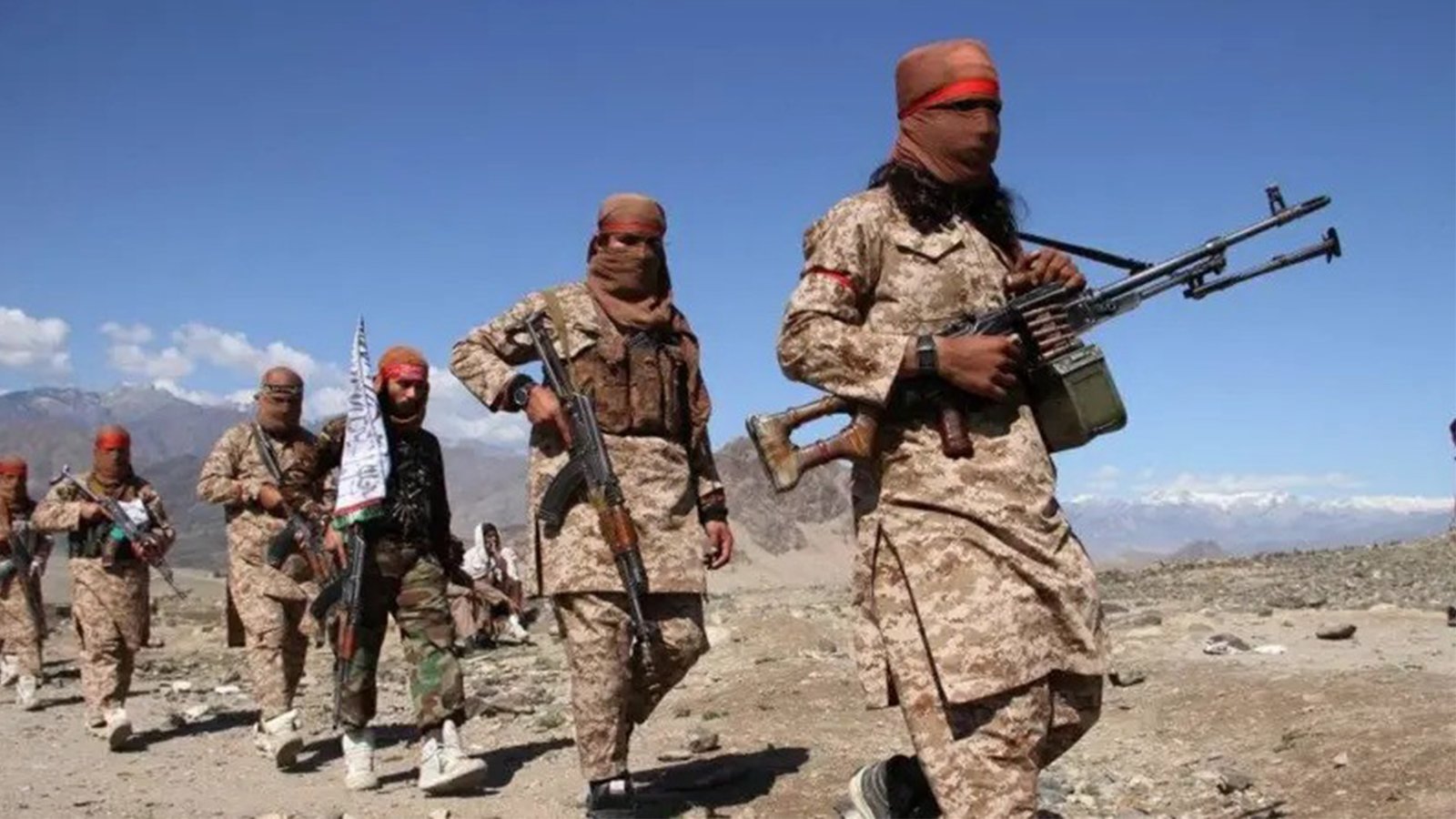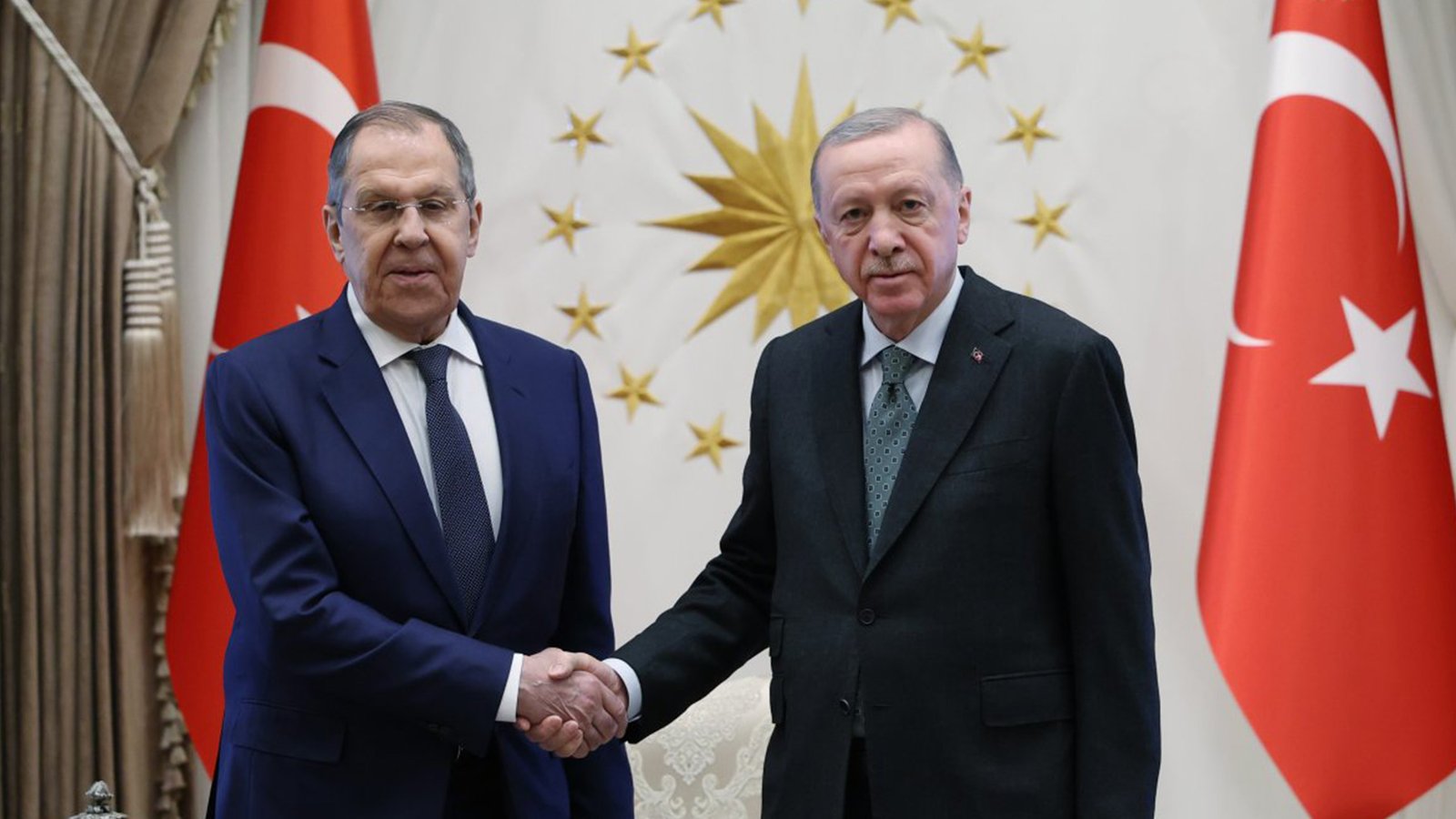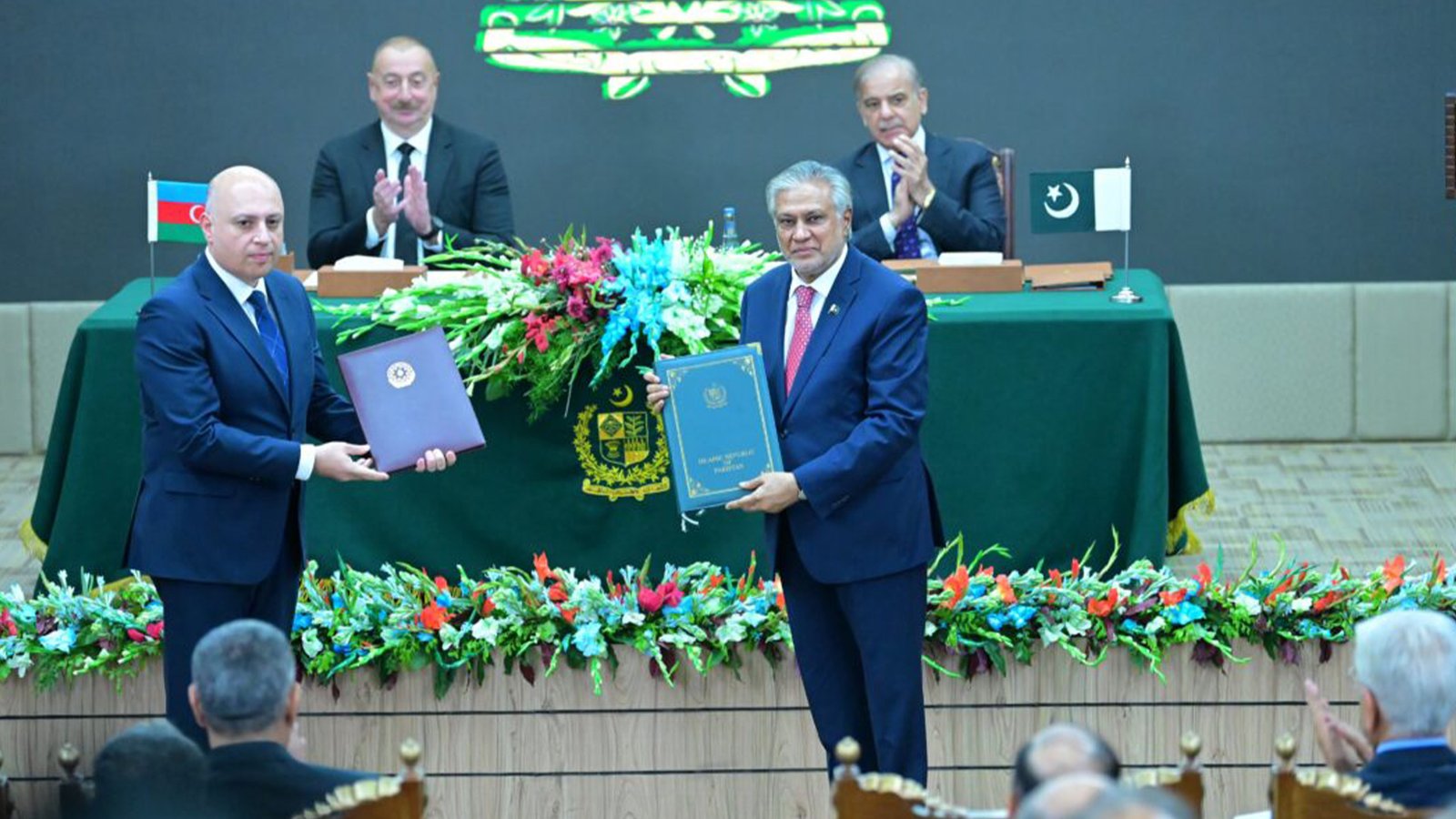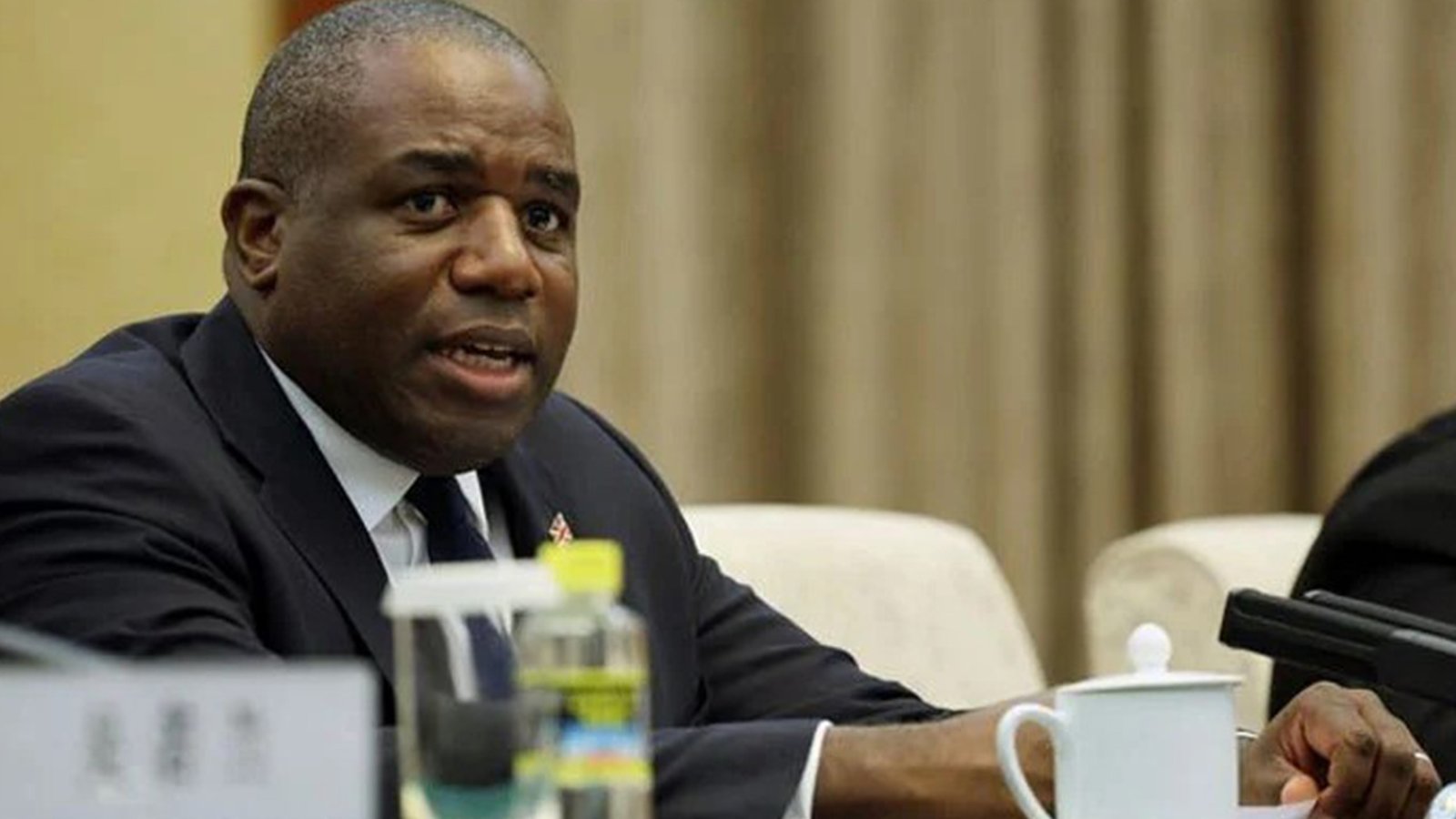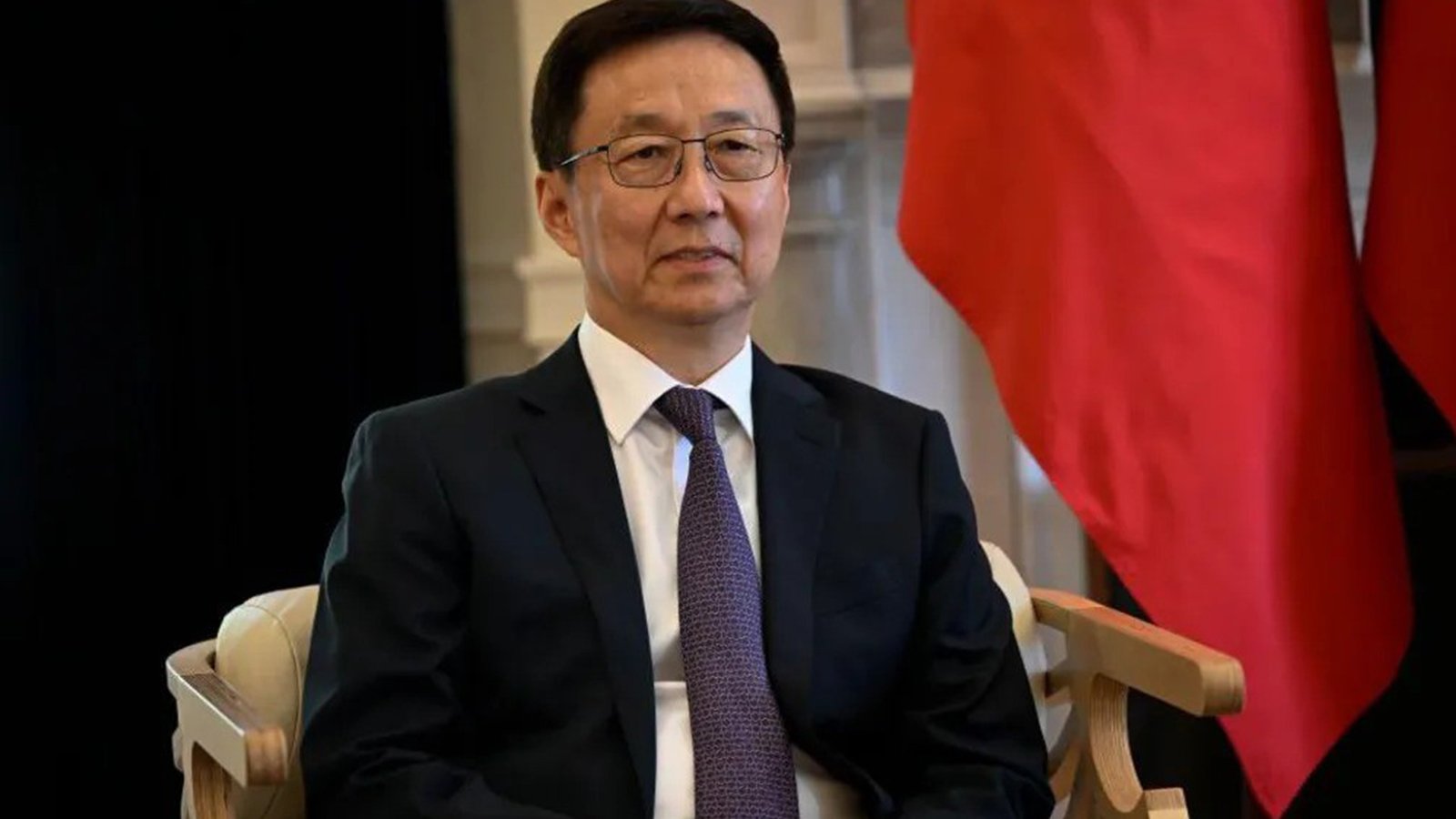Who Represented China At Donald Trump’s Inauguration?
In a notable diplomatic move, China is sending Vice President Han Zheng to attend US President-elect Donald Trump’s inauguration on January 20. This marks the first time a high-ranking Chinese leader will witness a US presidential inauguration, reflecting Beijing’s strategic approach to engage with the Trump administration.
Traditionally, foreign leaders do not attend US presidential inaugurations. However, Trump extended invitations to multiple global leaders, including Chinese President Xi Jinping. While Xi declined, opting instead to send Han, the decision underscores China’s cautious yet proactive stance on fostering dialogue with the new US government.
China’s Diplomatic Calculations
China’s gesture comes as Beijing anticipates potential challenges under Trump’s presidency. His administration is expected to adopt a more confrontational tone, including possible tariffs on Chinese imports. Nonetheless, Beijing has expressed its willingness to collaborate with the US to navigate bilateral relations in what it terms a “new era.”
Han Zheng’s presence signals a desire to maintain a working relationship while avoiding undue political risks. Han, appointed as vice president in March 2023, holds significant standing in China’s political hierarchy. However, his current position outside the Politburo Standing Committee China’s top decision-making body offers Beijing flexibility. Should relations deteriorate, the Chinese leadership can emphasize that Xi maintained a level of distance from Trump.
Also read this:
A Broader Pattern in Chinese Diplomacy
Sending vice presidents to significant foreign events is not new for Beijing. Han attended Indonesian President Prabowo Subianto’s inauguration in 2023, while his predecessor, Wang Qishan, represented China at ceremonies in the Philippines and Brazil. This consistent approach highlights China’s preference for calculated representation, ensuring engagement without overcommitment.
Han’s selection also reflects his background as a seasoned political figure. With a career rooted in Shanghai politics and a reputation for effectively managing international projects like the Belt and Road Initiative, Han is well-positioned to represent China’s interests.
Also read this: Analyzing Turkey’s Soft and Military Power Expansion
Trump’s Outreach to Foreign Leaders
The Trump team’s invitation to Xi Jinping exemplifies the administration’s focus on direct engagement with allies, adversaries, and competitors alike. According to Trump’s spokesperson, the outreach aims to demonstrate his ability to influence global leaders, fostering both dialogue and strategic leverage.
Other invitees to the inauguration include Argentinian President Javier Milei and Italian Prime Minister Giorgia Meloni. This unconventional list reflects Trump’s intention to redefine traditional norms in US foreign relations.
By sending Vice President Han Zheng, China is signaling its commitment to dialogue with the US while safeguarding its long-term interests. As Trump assumes office, the world will closely watch how this high-profile exchange influences the trajectory of US-China relations.


